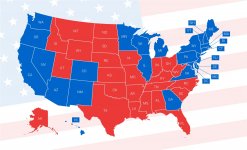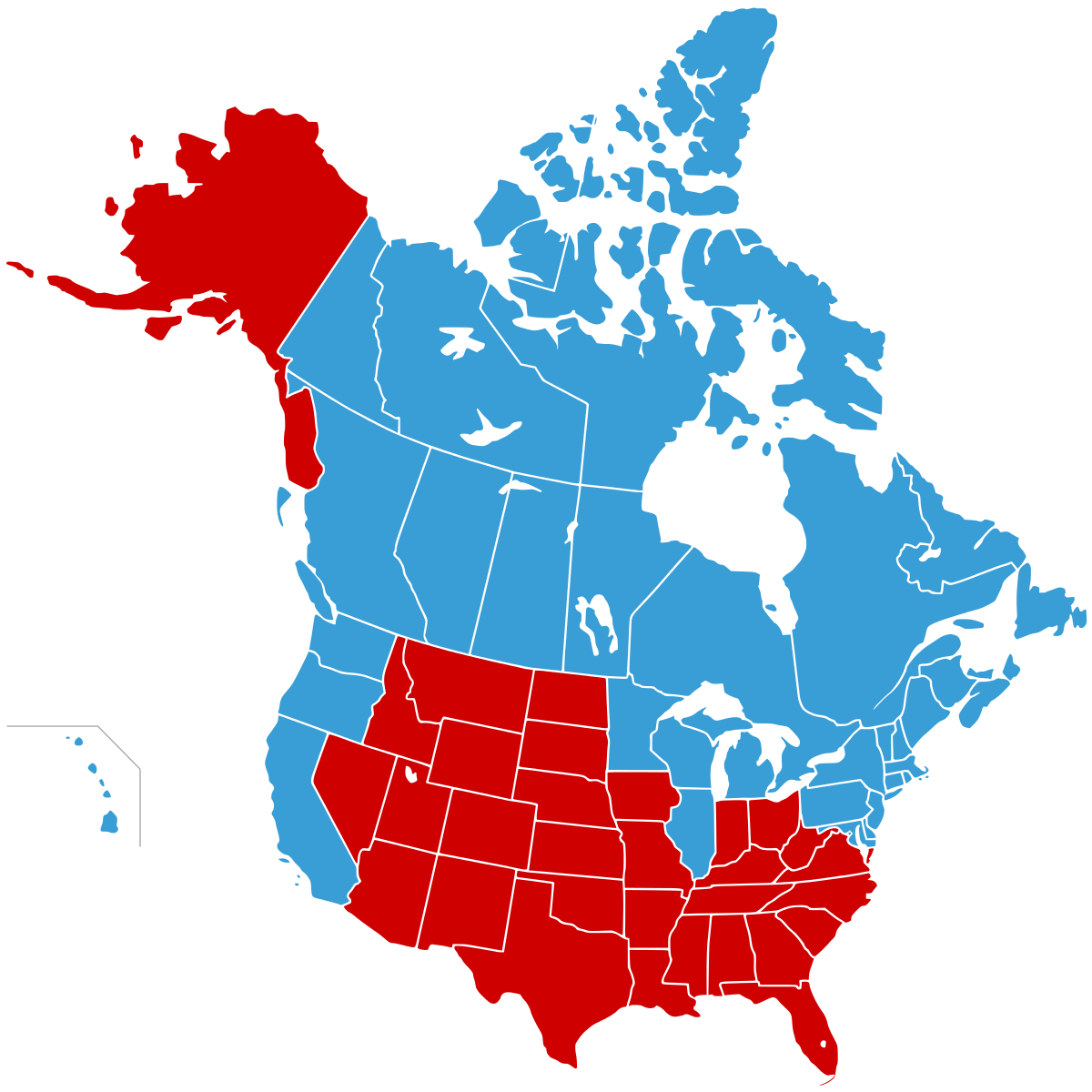Only the narrowest of circumstances permit a district court to invoke equitable jurisdiction. Such decisions "must be exercised with caution and restraint," as equitable jurisdiction is appropriate only in "exceptional cases where equity demands intervention." In re $67,470, 901 F.2d 1540, 1544 (11th Cir. 1990); see also Hunsucker, 497 F.2d at 32. This is not one of them. . . .
When we examine Plaintiff's arguments about the Richey factors, we notice a recurring theme. He makes arguments that—if consistently applied—would allow any subject of a search warrant to invoke a federal court's equitable jurisdiction. That understanding of Richey would make equitable jurisdiction not extraordinary, "but instead quite ordinary." United States v. Search of Law Office, Residence, and Storage Unit Alan Brown, 341 F.3d 404, 415 (5th Cir. 2003) (quotation omitted). Our precedents consistently reject this approach. We have emphasized again and again that equitable jurisdiction exists only in response to the most callous disregard of constitutional rights, and even then only if other factors make it clear that judicial oversight is absolutely necessary. . . .
Plaintiff's alternative framing of his grievance is that he needs a special master and an injunction to protect documents that he designated as personal under the Presidential Records Act. But as we have said, the status of a document as personal or presidential does not alter the authority of the government to seize it under a warrant supported by probable cause; search warrants authorize the seizure of personal records as a matter of course. The Department of Justice has the documents because they were seized with a search warrant, not because of their status under the Presidential Records Act. So Plaintiff's suggestion that "whether the Government is entitled to retain some or all the seized documents has not been determined by any court" is incorrect. The magistrate judge decided that issue when approving the warrant. To the extent that the categorization of these documents has legal relevance in future proceedings, the issue can be raised at that time.
All these arguments are a sideshow. The real question that guides our analysis is this—adequate remedy for what? The answer is the same as it was in Chapman: "No weight can be assigned to this factor because [Plaintiff] did not assert that any rights had been violated, i.e., that there has been a callous disregard for his constitutional rights or that a substantial interest in property is jeopardized." 559 F.2d at 407. If there has been no constitutional violation—much less a serious one—then there is no harm to be remediated in the first place. This factor also weighs against exercising equitable jurisdiction. . . .
Only one possible justification for equitable jurisdiction remains: that Plaintiff is a former President of the United States. It is indeed extraordinary for a warrant to be executed at the home of a former president—but not in a way that affects our legal analysis or otherwise gives the judiciary license to interfere in an ongoing investigation. The Richey test has been in place for nearly fifty years; its limits apply no matter who the government is investigating. To create a special exception here would defy our Nation's foundational principle that our law applies "to all, without regard to numbers, wealth, or rank." State of Georgia v. Brailsford, 3 U.S. (3 Dall.) 1, 4 (1794).







